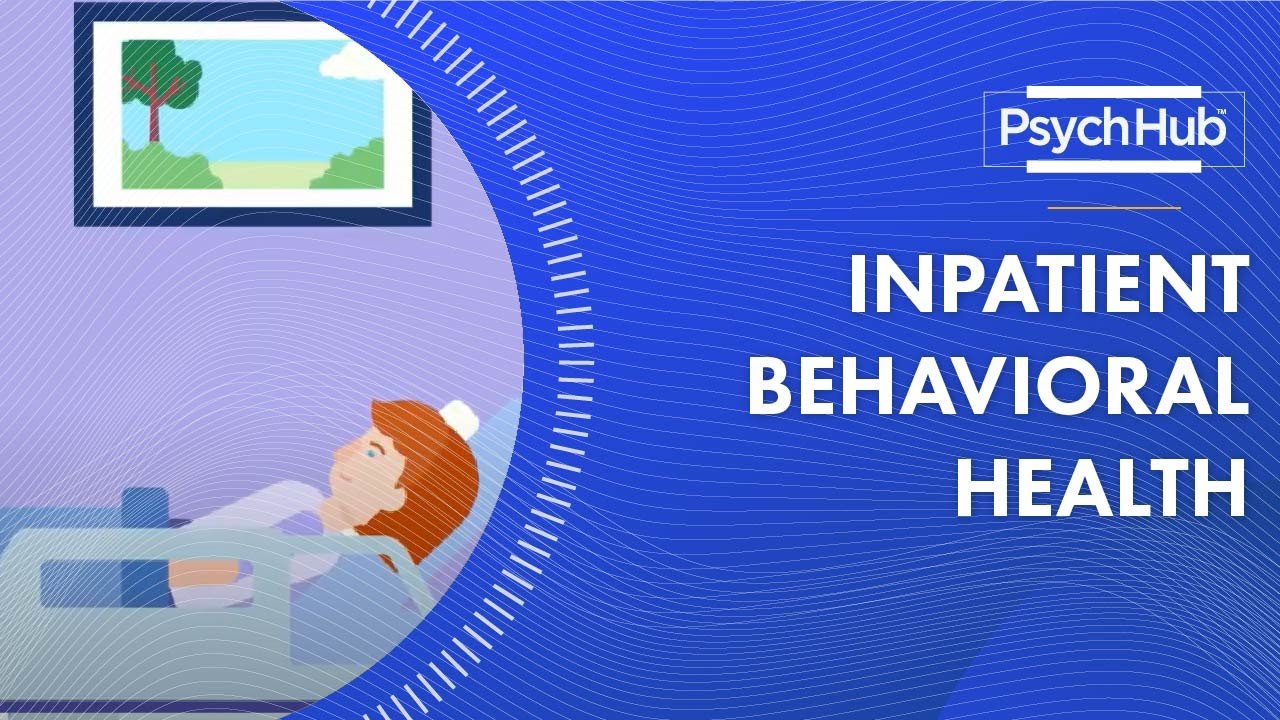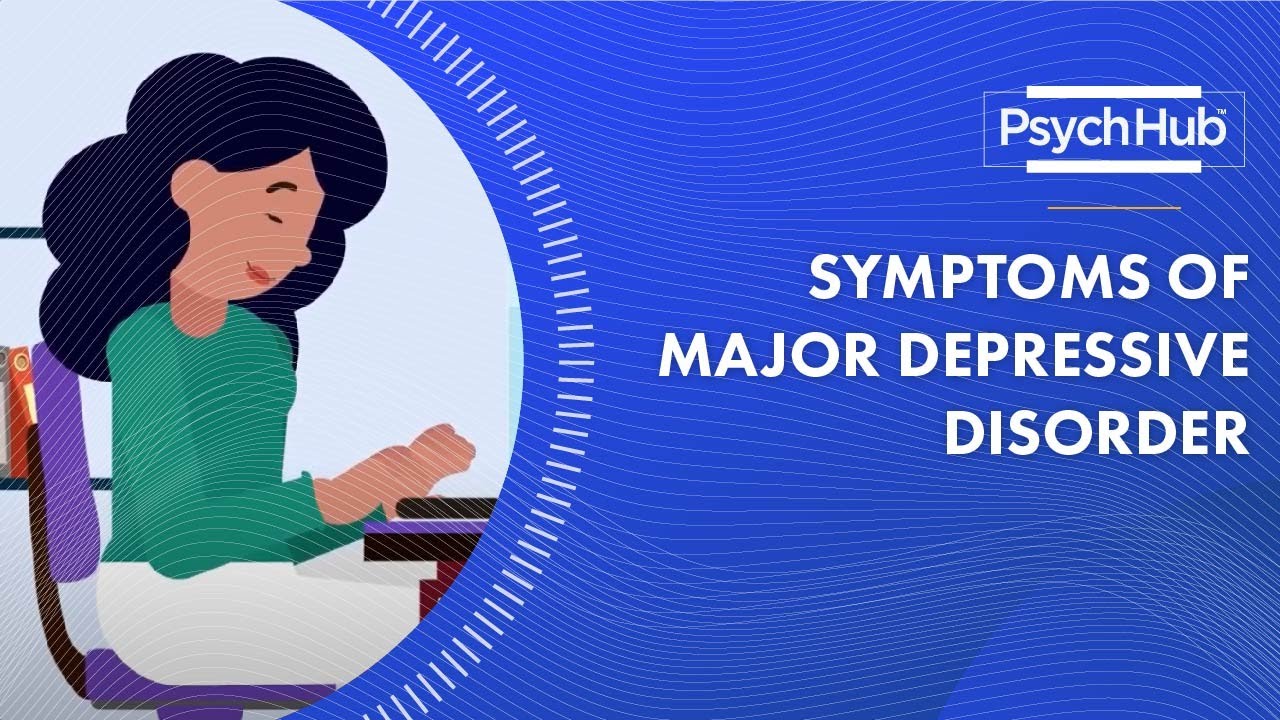You stand on the cusp of a profound shift in chronic pain treatment with WPI’s pioneering study, funded initially with $1.6 million from NIH. This groundbreaking five-year initiative explores the potential of AI to customize mindfulness-based stress reduction (MBSR) therapies, aiming to significantly reduce opioid dependency and its associated risks. By analyzing intricate physiological and self-reported data from 350 participants, the research, conducted by an interdisciplinary team from WPI, UMass Chan Medical School, and Boston University, not only seeks to alleviate chronic lower back pain but also aspires to provide a tailored, non-pharmacological treatment model that could revolutionize pain management across diverse populations. The ultimate vision is ambitious yet promising: to bring a personalized approach akin to cancer treatments to the realm of chronic pain, potentially transforming countless lives by minimizing ineffective treatments and cutting healthcare costs in the long term. Have you ever wondered how technology, particularly AI, might transform health care, especially in treating chronic conditions like lower back pain?
AI-Driven Approach in Study Overview: WPI’s Initiative on Chronic Lower Back Pain
In the realm of healthcare, advancements in technology continuously pave the way for new methods and treatments. One such groundbreaking initiative is being led by Worcester Polytechnic Institute (WPI), which is venturing into the use of artificial intelligence (AI) to tackle chronic lower back pain. Funded by the National Institutes of Health (NIH), this study brings fresh hope to those struggling with this debilitating condition, aiming not just to manage pain but also to curtail opioid dependency.
Study Overview
WPI’s Leading Role and Study Objectives
WPI is at the forefront of a pioneering five-year study, generously funded by the NIH. The central aim is ambitious yet profoundly impactful: exploring whether artificial intelligence can effectively guide mindfulness treatments for chronic lower back pain, potentially reducing patients’ reliance on opioids—a medication class notorious for its addiction and overdose risks.

Funding and Incremental Progress
The initial phase of the project has commenced with a $1.6 million grant from the NIH. Impressively, if the study demonstrates significant progress and promising results, the funding could scale up considerably, potentially reaching nearly $9 million. This incremental financial framework ensures that the study maintains momentum, delivering continuous value and demonstrating efficacy at each stage.
(Objective) The Core Objective: Machine Learning and Mindfulness
At the heart of the study lies the application of machine learning—a subset of AI known for its capacity to analyze large volumes of data and make predictive models. The specific objective is to predict which patients will benefit most from mindfulness-based stress reduction (MBSR) for managing chronic pain. This personalized approach can not only enhance the effectiveness of treatment but also minimize trial-and-error methodologies that can frustrate patients and delay relief.

The Implications: Far Beyond Pain Management
The potential implications of this study are far-reaching. The findings could revolutionize how we approach chronic pain treatment, shifting from a predominantly pharmacological focus to more holistic, non-pharmacological interventions. This is immensely significant in the context of the opioid crisis, where dependence and fatalities due to opioid misuse are alarmingly high.
Methodology
To gain significant insights and ensure the reliability of results, the study involves meticulously collected data from 350 participants. These participants not only self-report their experiences of pain and associated conditions like depression but also provide physiological data. Here’s a closer look at the types of data being gathered:
| Type of Data | Examples |
|---|---|
| Physiological Data | Sleep patterns, heart rate |
| Self-Reported Data | Pain levels, instances of depression |

Combining Expertise for Comprehensive Analysis
The research team is a robust amalgamation of expertise from various prestigious institutions: WPI, UMass Chan Medical School, and Boston University. The diversity of the team—which includes computer scientists, psychologists, and biostatisticians—ensures a comprehensive analysis of both the AI and mindfulness facets of this study. By bridging these disciplines, the project aims to deliver rigorous, scientifically validated, and clinically relevant findings.
Impact on Society

Reducing Opioid Dependency and Healthcare Costs
One of the most compelling aspects of this study is its potential to save lives by significantly reducing opioid misuse. By identifying patients who would benefit from MBSR, ineffective treatments can be minimized, healthcare costs can be lowered, and patient well-being can be enhanced. Additionally, the methodology and findings could be applicable to other types of chronic pain, further broadening the impact.
Addressing Diversity and Inclusivity
The study places a strong emphasis on including underrepresented communities. Chronic pain management often sees disparities, and addressing specific barriers faced by these populations can improve the overall outcome. By focusing on diversity, the study ensures its findings are inclusive, widely applicable, and effective across different demographic groups.

Machine Learning Models: Making AI Understandable
A critical, yet often overlooked, aspect of AI in healthcare is the interpretability of machine learning models. It’s not just about making predictions; it’s equally important for healthcare providers to understand why certain patients might or might not respond to MBSR. The study aims to develop models that are not only accurate but also transparent, thereby aiding doctors in making informed, nuanced decisions.
Long-term Vision
Personalized Treatment: Beyond Pain Management
The long-term vision of this study extends well beyond merely addressing chronic lower back pain. The hope is to adapt personalized approaches, commonly seen in cancer treatment, to the realms of chronic pain and behavioral therapies. This approach will help pave the way for significant advancements in understanding and managing a wide array of conditions, marrying technology with empathy to enhance patient care.
Advancing Knowledge in Chronic Pain Management
By leveraging AI to tailor treatments to individual needs, the study aspires to advance our collective knowledge in chronic pain management. This personalized approach represents a significant leap from conventional, one-size-fits-all treatments, offering hope and potentially transformative care strategies for millions suffering from chronic pain.
Conclusion
This five-year, NIH-funded study led by WPI marks a significant, innovative step towards harnessing AI to enhance chronic lower back pain treatment. With an initial funding of $1.6 million and the possibility of scaling up to $9 million, the study aims to employ machine learning to predict the effectiveness of mindfulness-based stress reduction for chronic pain management, thereby reducing opioid dependency.
Data from 350 participants, encompassing both physiological and self-reported information, will be rigorously analyzed by a multidisciplinary team from WPI, UMass Chan Medical School, and Boston University. This initiative’s goal is to save lives through effective, non-pharmacological treatments while addressing healthcare disparities in underrepresented communities.
As we move towards a more personalized approach in pain management, this study not only promises immediate benefits but also sets the stage for long-term advancements in chronic pain treatment. By making machine learning models interpretable for clinicians, it empowers healthcare providers with actionable insights, fostering better, more informed decision-making.
Ultimately, this study represents a harmonious blend of technology and empathy, potentially revolutionizing the way we understand and treat chronic pain. By doing so, we can envision a future where those suffering from chronic lower back pain can find effective, personalized relief without the dire consequences of opioid dependency.




